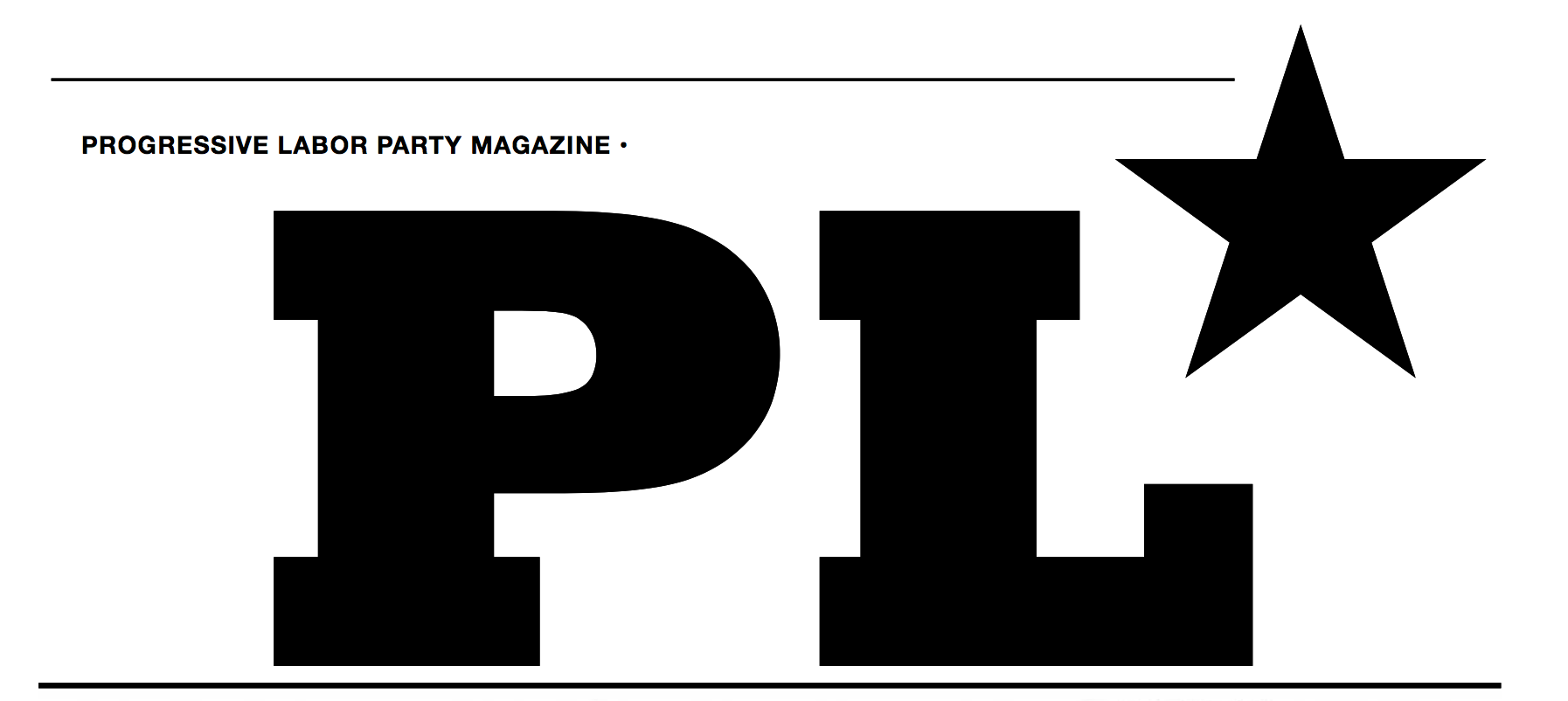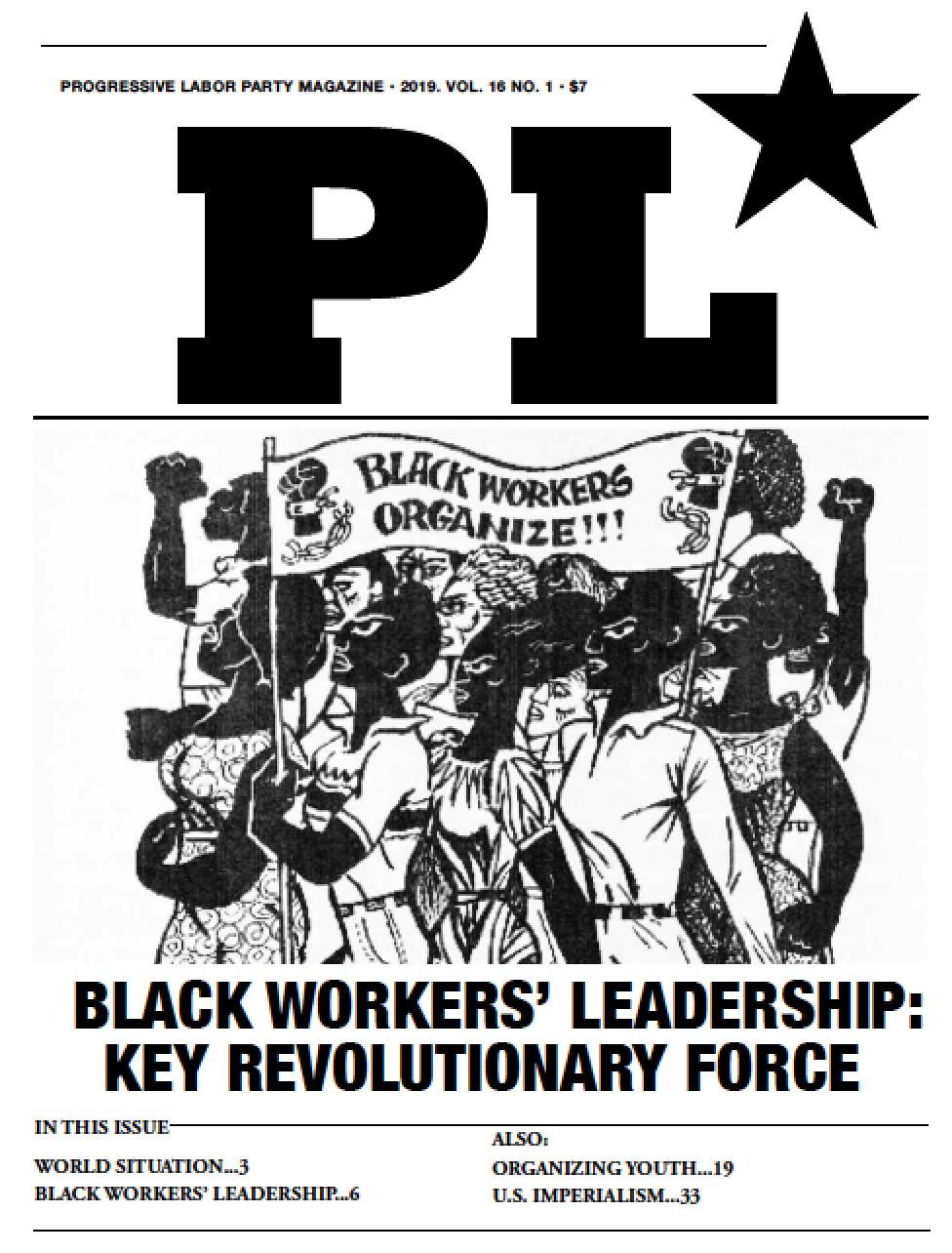Catching Fire: Depicts Oppression but Avoids Solution
 Wednesday, April 11, 2012 at 2:01PM
Wednesday, April 11, 2012 at 2:01PM Second part of the Hunger Games book review
In Catching Fire, the second book of the Hunger Games trilogy, Suzanne Collins expands her criticism of capitalism and hints at more collective solutions to the problems faced by workers.
As our heroine, Katniss tours the Districts after the Hunger Games end, the government expects her to play the role of a star-crossed lover. However, Katniss discovers signs of both increasing fascism and increasing rebellion. While her District suffers extreme poverty, starvation and dangerous working conditions in the mines, others are policed by terrorizing Peacekeepers who shoot first and ask questions later. Katniss witnesses this first hand in the agricultural District 11, where workers are mainly black and have begun to defy the Capitol.
Frightened by what she has seen, Katniss wants to run away to the wilderness. She is surprised to discover that they are inspired and want to stay and fight. Katniss shares their rebellious spirit but is afraid to risk the lives of her friends, sister and mother.
Before Katniss can put a plan in place, Panem’s rulers organize a new special Hunger Games event, pitting former winners against each other to provide an excuse to kill off Katniss and other possible symbols of fight-back. Katniss plans to sacrifice her life in the “games” to protect her friend Peeta who she believes will be a more eloquent voice of the rebellion. Other tributes act more collectively, pulling Katniss into an alliance that is more successful than she and Peeta could be alone. By the end of the games, Katniss has begun to realize that the rebellion is more organized and well-developed than she had guessed and that she is expected to be a part of it.
Catching Fire shows even more of the horrors of the fascist society of its world than Hunger Games did. It also hints at the power of the collective and the possibility of a workers’ revolution. Its parallels to the current capitalist crises are so clear that all the mainstream reviewers comment on them. But Suzanne Collins is certainly not a communist, and her books do not offer a communist interpretation of our world.
The fantasy genre allows the books to distance themselves from the real problems of today. Although there are clear parallels, it is possible to read the books as imaginings about the future, not a real commentary on today. There is almost no analysis of why the government of Panem is so cruel; it is just taken as a given.
While there is some collective and rebellious activity in Catching Fire, the reader sees everything from Katniss’s perspective and Katniss has a very limited view. She herself is never really won to work collectively except when it benefits her and those she loves. Her instinct is always to escape or to defend her loved ones, not to organize or fight the system. Others try to change her mind, but mostly the rebellions go on around her, supposedly inspired by her actions in the first book, but never letting her in on plans. She is seen as somehow too emotional or independent to participate in a collective plan.
If PLP were leading the rebellion against Panem, she would not be an unwitting symbol but would be learning to analyze the political situation and lead class struggle.
It’s no accident that these books do not provide a communist solution. They would not be taught in hundreds of schools or be made into blockbuster movies if they did. Their criticism of fascism does resonate with many workers, which makes them important for us to read and discuss. As communists, we must teach young fans of the books the lessons the books do not touch: the laws of capitalism and the need for collective struggle and revolution.





 Progressive Labor Party (PLP) fights to destroy capitalism and the dictatorship of the capitalist class. We organize workers, soldiers and youth into a revolutionary movement for communism.
Progressive Labor Party (PLP) fights to destroy capitalism and the dictatorship of the capitalist class. We organize workers, soldiers and youth into a revolutionary movement for communism.




Reader Comments